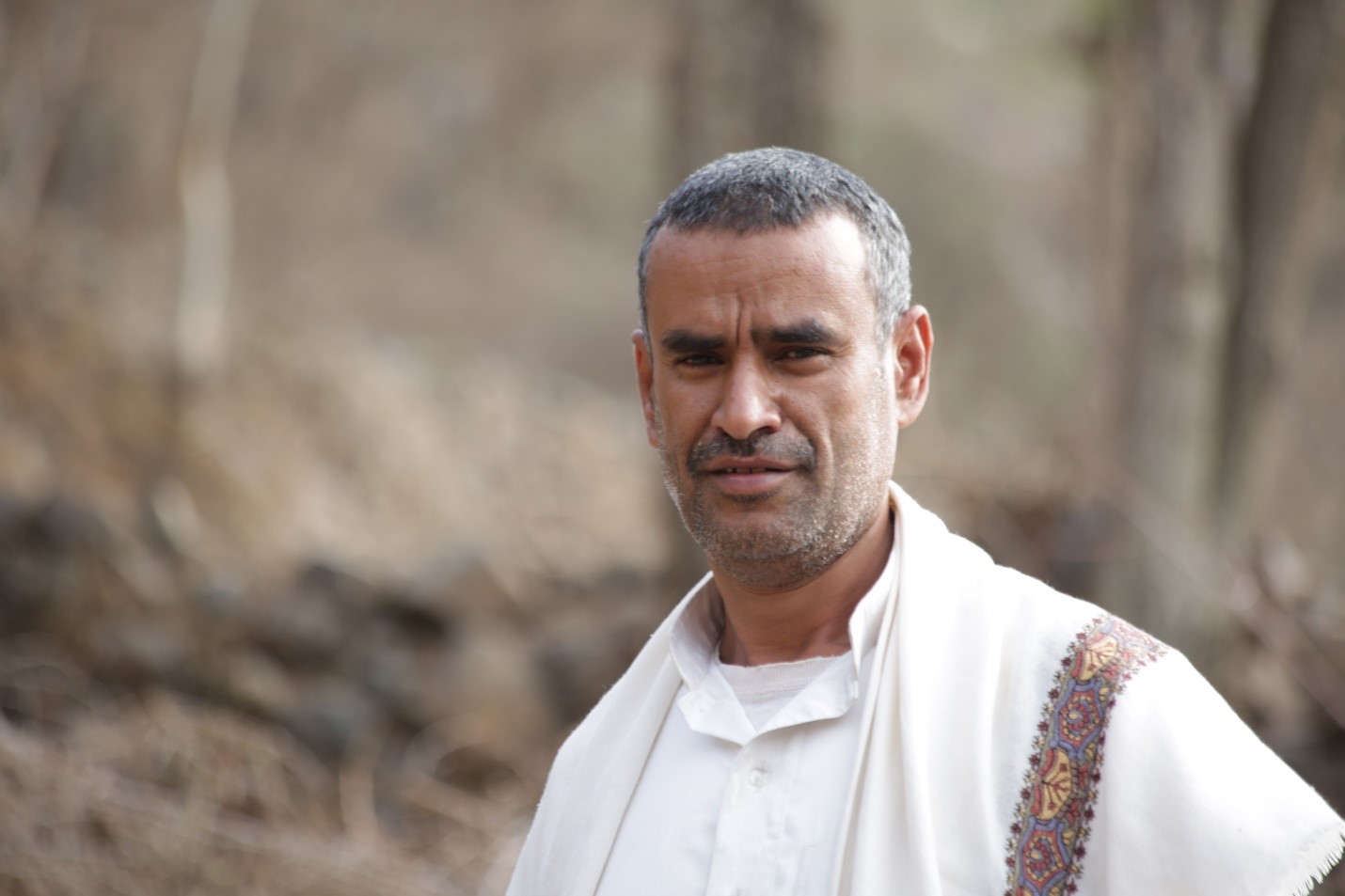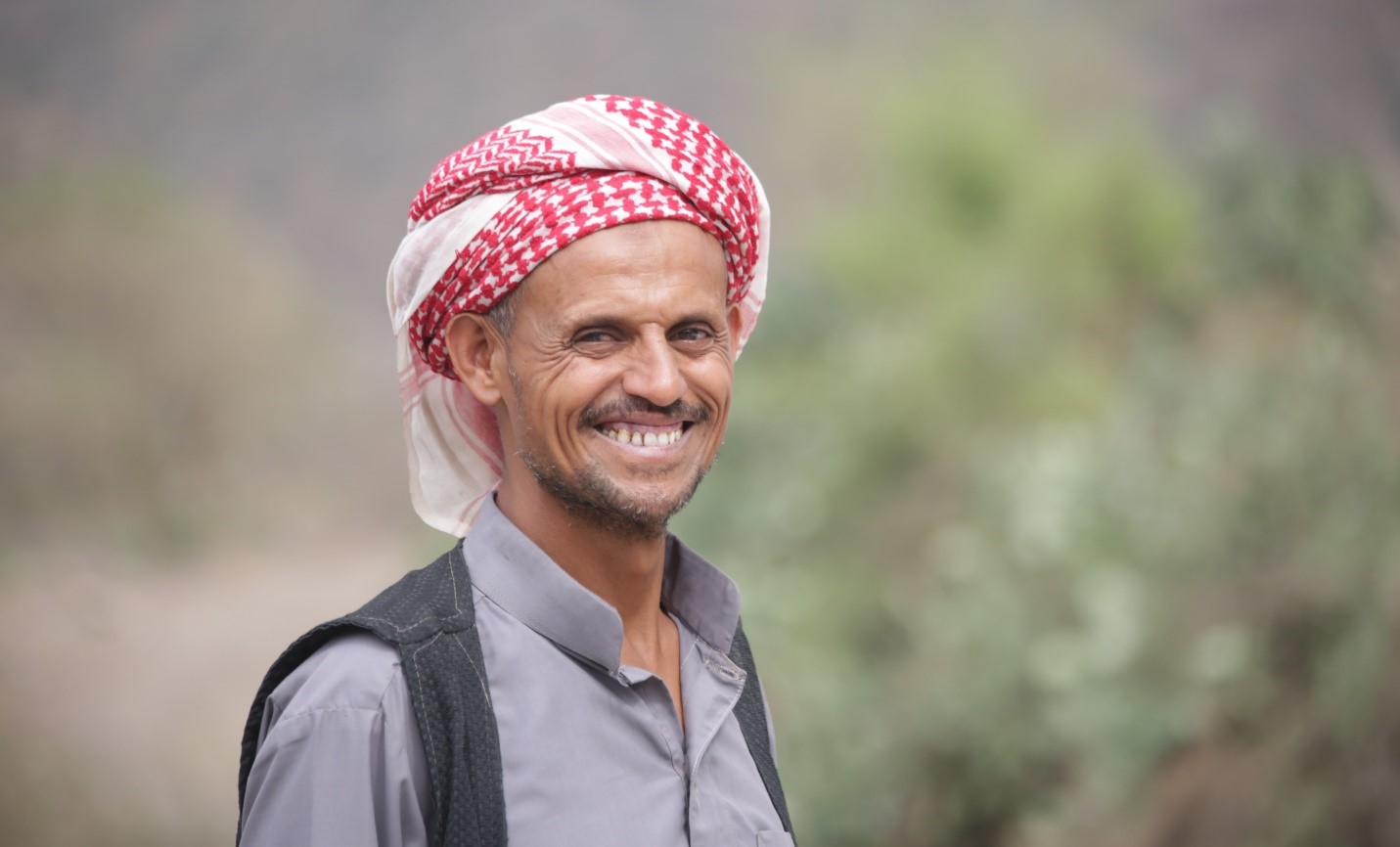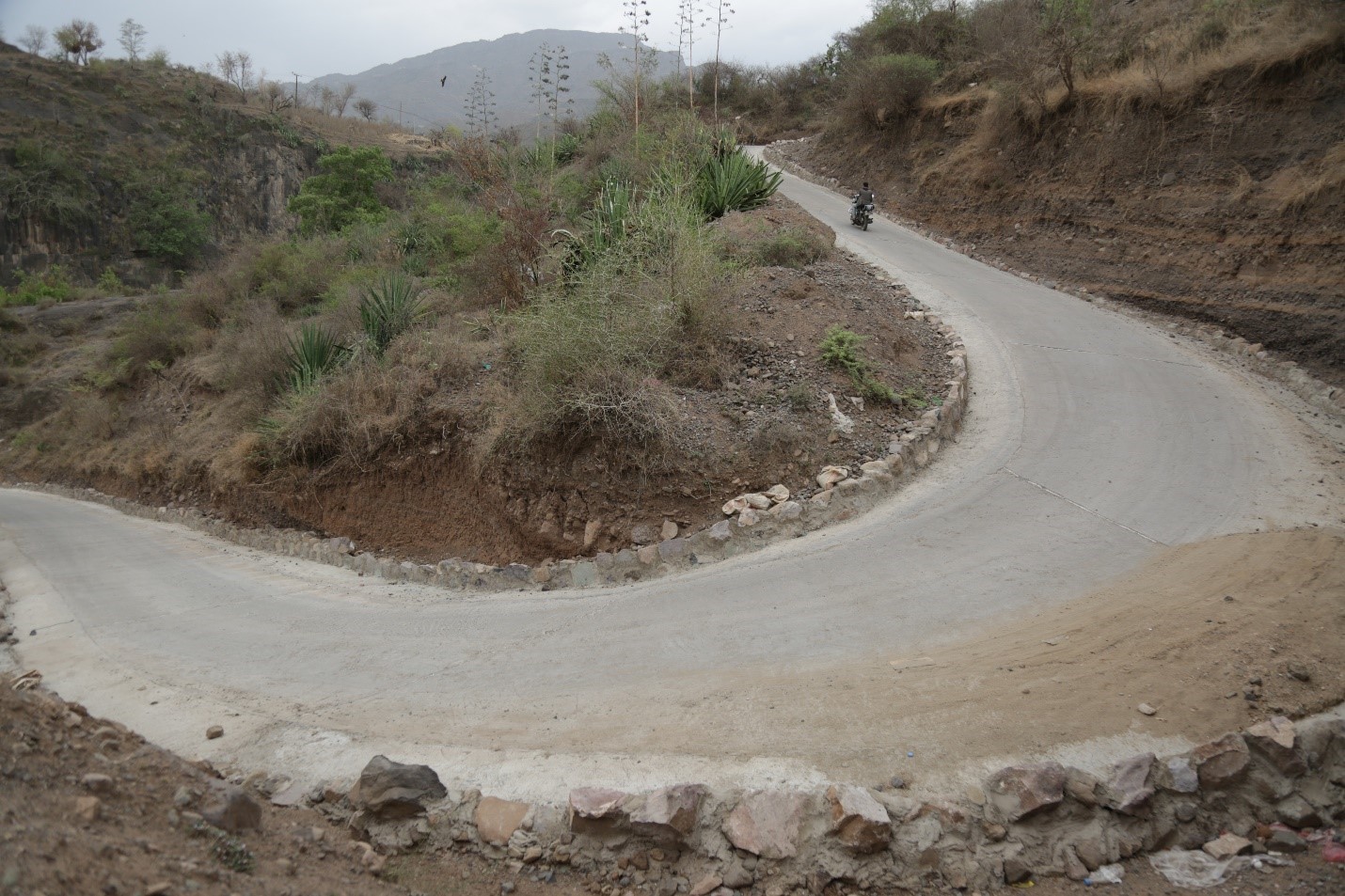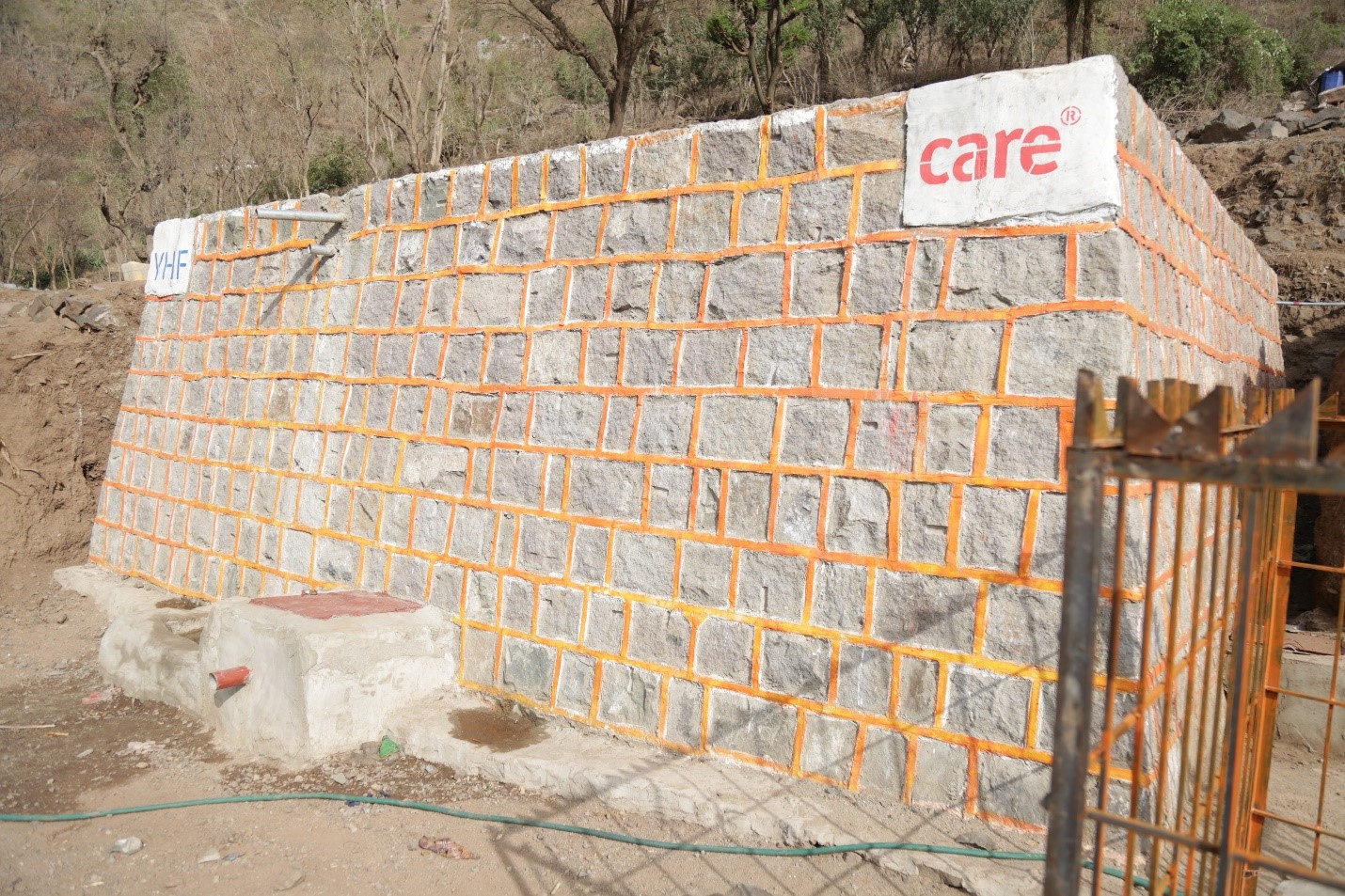The ongoing armed conflict in Yemen has led to thousands of deaths and the destruction of vital infrastructures like water and sewage systems, schools, health facilities and roads. The protracted conflict and the deepening economic crisis have significantly impacted the already fragile public services in Yemen. Basic needs, such as water, sanitation, health and education services, have been seriously debilitated. Only half of the health facilities and two-thirds of schools are currently functioning. Water infrastructure is operating at less than 5% efficiency. Roads are either closed or damaged, thus hampering a fluid movement of basic goods in local markets.
The struggle for water
Yemen is one of the most water-scarce countries in the world. In fact, people struggle to have access to safe drinking water. The implication of the conflict, the severity of drought and climate change, further deplete water supply at an accelerated pace. Over 15.4 million people require support to access their basic water and sanitation needs.
Water fetching is a burden that often falls on women and children, exposing them to many physical injuries and hazards. When water infrastructure is inadequate, the human body becomes part of the water delivery service. “In my village, many women have lost their babies because of carrying heavy jerry cans and walking long distances,” says Fuad, a 42-year-old father of three children from Baradan village in Al Udyan district of Ibb governorate. “My female neighbours walk for nearly four hours every day carrying a 340-ounce jerry can.”
Like Baradan village, the majority of Yemen’s areas suffer from clean drinking water scarcity. 49% of Yemenis have no access to an improved water source, and almost 50% of Yemenis report issues relating to the taste, appearance or smell of their water source. Moreover, when the water wells are far from home, water-dependent chores like washing clothes or utensils are usually done at the well site, causing women to remain outdoors for a longer period of time. Multi-tasking with children and domestic duties in these conditions can be a real challenge for mothers.
“We used to consume unclean drinking water,” says Fuad. “This has caused kidney failure for many residents here.”
Unpaved roads exacerbate families’ suffering
Khasalah village in Al Udayn district is one of the poorest regions in Ibb governorate. The bumpy roads in the village have caused countless hardships for its residents. Some roads are blocked or have ripples, causing accidents that led to tragic losses of lives. Unpaved roads restrict access to basic needs such as health, food and education. It also hampers employment opportunities.
45-year-old Ameen lives in Khasalah village with his wife and six children. He works for daily wages to provide for his family. The economic collapse, combined with unpaved roads and fuel shortage, have immensely increased the prices of basic food items like wheat and vegetables. Ameen cannot secure three meals a day for his family.
“We only eat twice a day,” says Ameen. “I can’t afford enough food for my family. Sometimes my children eat one type of food for months because I can’t buy different types of vegetables and fruits.”





